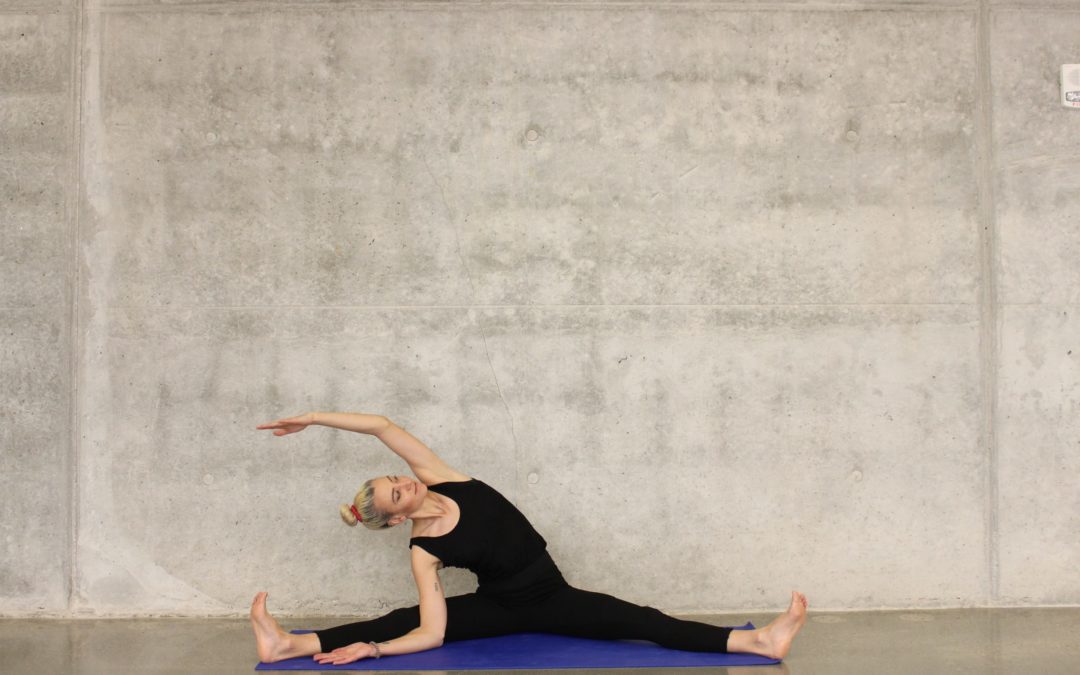In the world of recovery, people going through the process often engage in some kind of addiction recovery treatment. First, former addicts go through the detox process, cleansing their body of the residual toxins and chemicals from substances. After that, a person typically gets put into some kind of treatment to help them cope with their newfound sobriety. Typically when we think of addiction recovery treatments, we think of a person attending individual or group therapy sessions, but these are the more traditional treatment routes. Since no human is made the same, one kind of treatment may not work for everyone. Because of this, addiction recovery treatments have expanded far beyond traditional therapy sessions. We refer to these non-traditional methods of addiction recovery as holistic. But, what is holistic addiction recovery treatment? Today, we’re going to take a deeper look at these unique methods of addiction recovery treatment to better understand how it helps people find sobriety.
What Does Holistic Mean?
First, we must define what holistic means in order to better understand holistic addiction recovery treatment. Holistic treatment is defined as the treatment of a whole person. This kind of treatment takes a person’s mental and social factors into account, rather than just symptoms. Sure, treatments can focus on the symptoms, but in the long run, that will not help. Focusing on the symptoms only temporarily solves the issues a person is facing. For someone with an addiction, they need to treated for their physical symptoms, but mental and social health needs to be considered as well. Physical symptoms are only temporary; mental and social health are things that need to be repaired over a period of time. Holistic treatment focuses on the mind and body, rather than just the body. This sort of treatment helps focus on psychological and physical needs in a person going through recovery.
Different Kind of Addiction Recovery Treatments
Now that we have a better understanding of what holistic means, let’s talk about some of the main types of holistic treatments that are often used in the addiction recovery process.
-
- Art Therapy: This kind of holistic treatment is a very popular one. The main goal of art therapy is to have a person use a creative outlet to improve their communication skills, cope with their past experiences, and come to an understanding that the new lifestyle they’ve adopted is better than the old. Art therapy uses various creative outlets for individuals like sculpting, painting, music, poetry, acting, dancing, etc.
- Guided Meditation: This addiction recovery treatment is all about promoting mindfulness. That is, bringing full attention to what a person is experiencing in the present. No focus on the past or the future, just the present. This can help someone relieve themselves of a lot of unnecessary stress and anxiety that may be due to thoughts about the past or future. Meditation is something that a person can take with themselves when they leave rehab as well. When a person is able to be in isolation and sit with their thoughts, analyze their behaviors, and focus on self-improvement, they can make a significant change in their lives.
- Exercise/Recreational Therapy: If you’re a person going through addiction recovery, we highly suggest implementing some form of exercise of recreational activity. Not only does exercise/recreational therapy get a person out of the house, but it also gets a person’s body moving. A little known fact is that exercise and getting outdoors actually boosts your overall well-being! The sun provides us with a boost in serotonin just by getting in it for an hour a day. When we get active, our brain releases endorphins like dopamine, serotonin, and norepinephrine. These endorphins play key roles in mood regulation.
- Massage/Acupuncture Therapy: Another holistic treatment for addiction recovery, massage and acupuncture therapy are all about relieving stress, anxiety, and tension in a person’s body. This can be a great thing for people that are new to the world of recovery. Sobriety can actually be a tough thing to adapt to for some former addicts. Depending on how severe a person’s addiction was, a person could experience some severe withdrawal symptoms. Massages and acupuncture could help these people relax and release some tension in their bodies so they can avoid any possibility of relapse.
- Yoga Therapy: Similar to guided meditation, yoga is another practice that is focused on building mindfulness and bringing attention to the present. The great thing about yoga is that it not only helps you practice mindfulness, but it also helps get a person active. Combining mindfulness and exercise, yoga therapy is one of the best options for holistic addiction recovery treatments. Yoga can help relieve stress, boost confidence, reduce fatigue, heal emotions, and stretch tight muscles. There are countless benefits to yoga therapy for addiction recovery.
There are many other options for holistic addiction recovery treatments, but they’re all used as complementary services with traditional treatment. Traditional rehabilitation treatment is used to help kick-start a person’s life in recovery. First, a person goes through medical detox to cleanse the body of any toxins or chemicals that are still be residing in the body. This can be a very uncomfortable thing for someone to deal with, as withdrawal symptoms can be unbearable at times. Withdrawal symptoms often include profuse sweating, twitching, hot flashes, insomnia, nausea, vomiting, and many others.
After a person goes through detox, they are then put into traditional rehab treatments like counseling, group activities, 12-Step meetings, and therapy. Though these services on their own can be helpful, some people need a little extra care; this is why holistic addiction recovery treatments are offered. These treatments are used as complementary services for those who may be having a tougher time just going through traditional treatment. By putting extra emphasis on the person and not just the symptoms, people can use holistic treatments to their advantage and greatly increase their chances of successful recovery.

